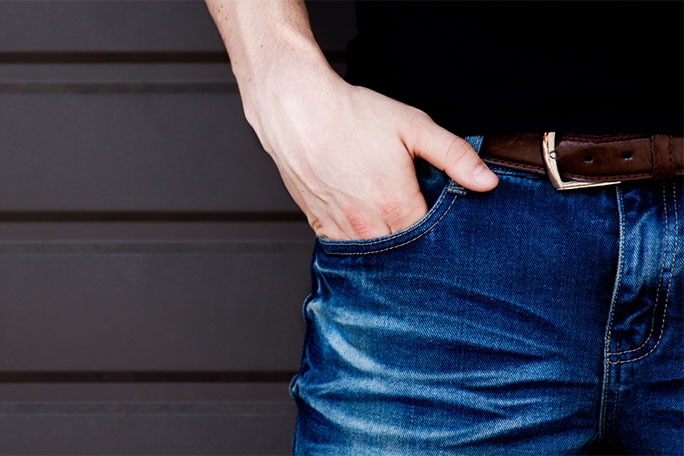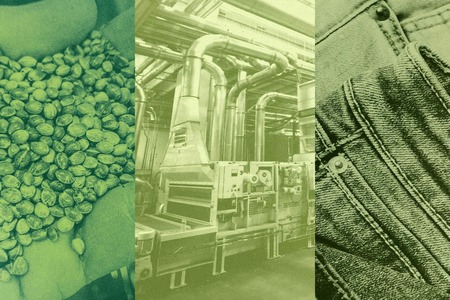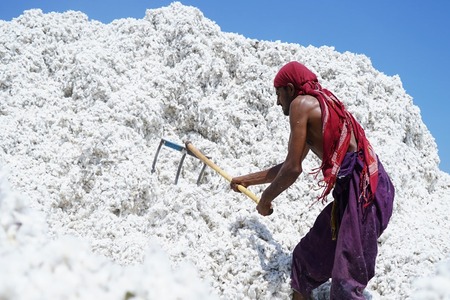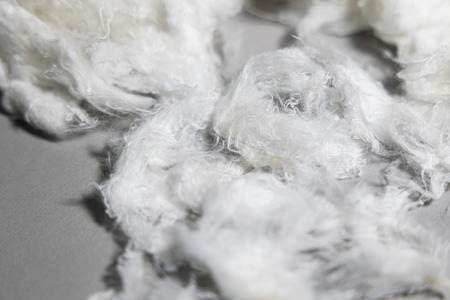
SGS partners with Jeanologia to launch Light Sensitive fabric test
YarnsandFibers News Bureau 2022-05-17 14:38:13 – SwitzerlandSGS, a testing, inspection, and certification company, has partnered with Jeanologia, a technology developer, to create a new service for fashion retailers, producers, and brand owners wanting to reduce the environmental effect of denim textile production.
SGS offers a special service called the Advanced Light Sensitive Fabric Test, which employs ground-breaking technology created by Jeanologia. SGS is reacting to the rising usage of laser technology to substantially decrease the industry's environmental impact and increase efficiency by expanding its worldwide textile testing capacity with Advanced Light Sensitive Fabric Test.
Laser marking minimizes both water use and the use of harmful and chemical compounds greatly. Furthermore, it increases efficiency through lower costs and more uniform finishes in the ultimate product.
SGS's Advanced Light Sensitive Test analyzes the appropriateness of denim textiles for laser marking based on their light sensitivity and delivers an objective score of fabric quality via the worldwide Advanced Light Sensitive 100 mark system. It accurately measures how a denim fabric reacts to laser processing and which textiles are most suited to generating trendy finishes (natural and antique) with a low environmental effect.
Yvonne Tse, Vice President, Global Softlines said that they’re happy to announce this service that promotes the sustainable creation of fashion fabrics. They are witnessing how laser marking is altering the business by drastically lowering water waste and the usage of harmful chemicals during production. To those firms aiming to adopt more environmentally friendly technologies, the Advanced Light Sensitive test can be a critical step in the process.
Jeanologia, established in Spain, develops innovative technologies for the textile industry.
Enrique Silla, CEO at Jeanologia, said their objective is to alter the sector and make it more ethical, ecoefficient, and sustainable. To do this, they must not only modify the sourcing paradigm, but also implement new methods and techniques for analysis and standardization. All stakeholders must be pulling in the same direction.
Market Intelligence
Ask for free sample Report

experience
Customer Base
dedicated team
Countries Served Worldwide









